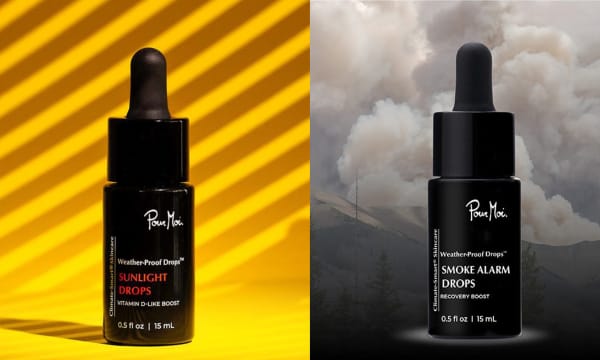Technology and engineering companies are ramping up innovation in cooling to design workwear and clothing that can stand up to the challenge posed by extreme heat.
From construction workers to delivery drivers, maintenance crews to kitchen staff, heat stress is not just an inconvenience, it’s a health risk, causing disorientation, dehydration and even death. There’s also a financial toll: high temperatures impede productivity. The global insurer Allianz has shared an estimate suggesting that 2023’s heatwaves have cost the global economy 0.6 per cent of GDP so far, equivalent to a half day of strike action. A Lancet study has revealed that 295 billion hours of potential work were lost due to heat exposure in 2020.
While some nations have been combating heat stress for many years, our changing climate means this is a global workplace issue. Now businesses are investing in cooling tech for their employees - specially engineered workwear that harnesses innovative technology to keep workers safe and cool.
UK-based smart clothing business TechNiche specialises in thermoregulation technology and delivered “the largest rollout in human history of cooling workwear to date,” supplying cooling garments to 150,000 blue collar construction workers for the Qatar World Cup. The company is in talks with several major multinational companies about how best to protect their workers.





